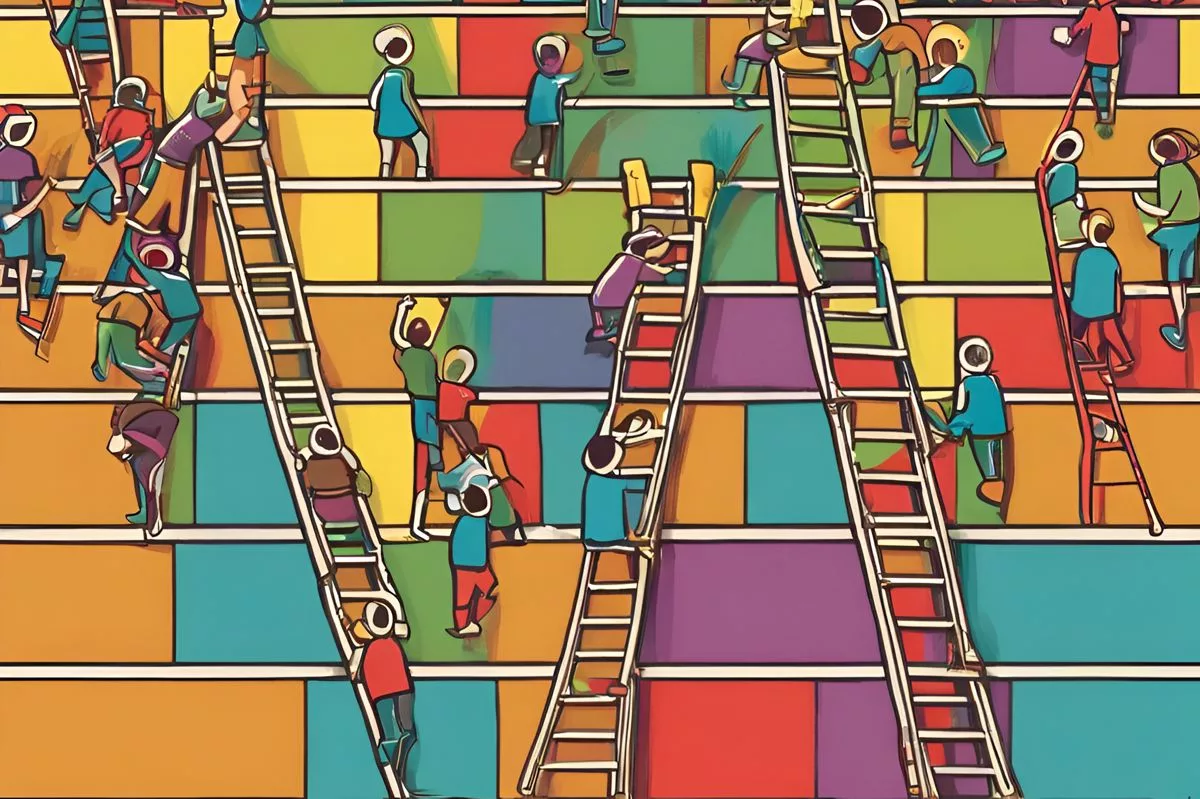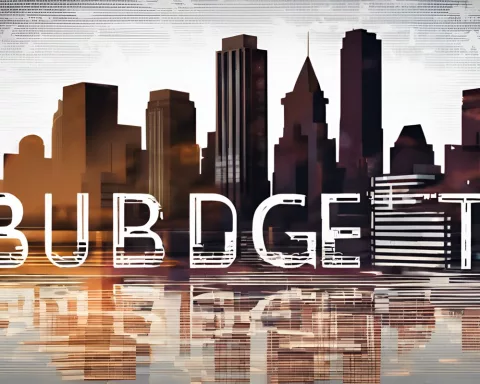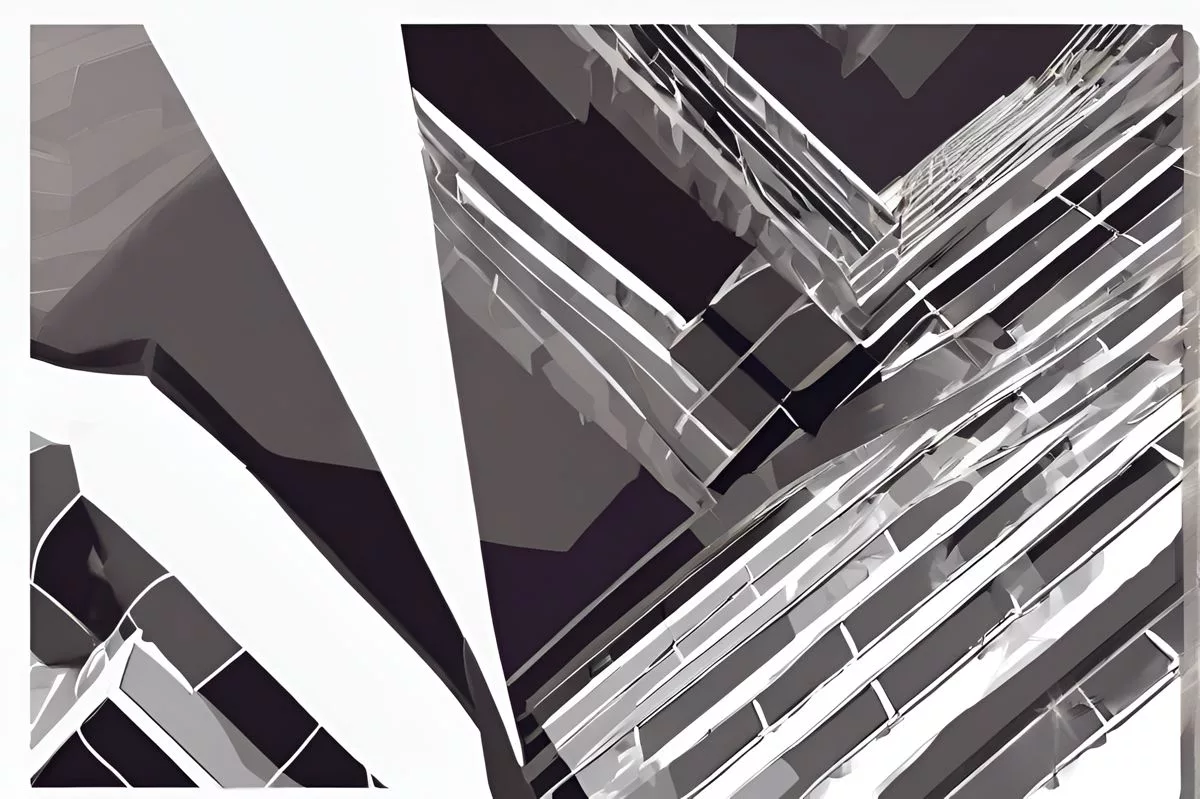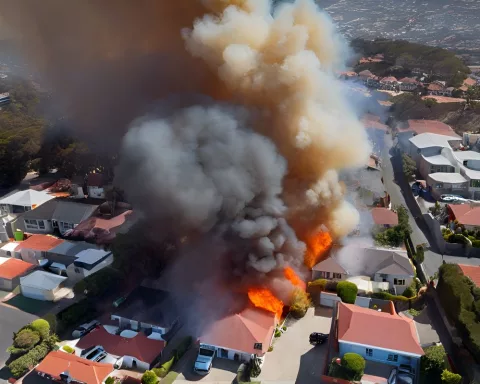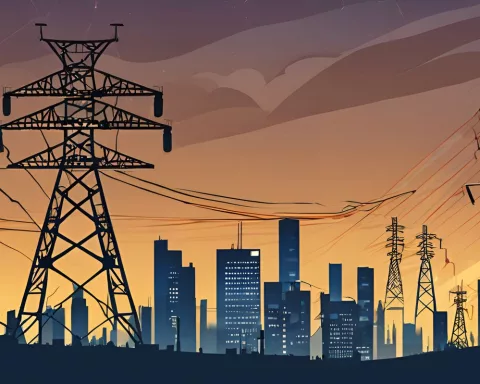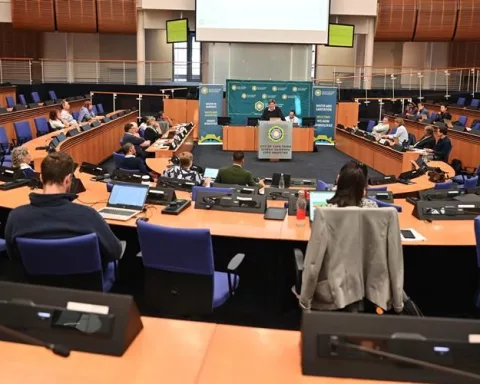The South African Social Security Agency (SASSA) will increase the Social Relief of Distress (SRD) grant from R350 to R370 in April, benefiting around 19 million recipients and demonstrating the government’s commitment to improving living standards and tackling socio-economic issues. The increase is part of broader plans to raise social grants across various demographics, including the elderly, war veterans, individuals with disabilities, and dependents in need of care. The government’s multi-pronged approach includes not only providing financial assistance but also linking grant beneficiaries to economic opportunities to reduce poverty in the long term and invest in the country’s future.
The Anticipated Influence and Implications of The SASSA SRD Grant Increase
The Social Relief of Distress (SRD) grant from the South African Social Security Agency (SASSA) will see an increment from R350 to R370 in April, providing relief to around 19 million recipients. This increase is in line with the government’s goal of raising living standards and is part of a larger transformation aimed at tackling socio-economic issues, including a social safety net for citizens and economic progression.
With a recent announcement that has been met with millions of positive reactions, the Social Relief of Distress (SRD) grant, commonly referred to as the R350 grant, from the South African Social Security Agency’s (SASSA) is expected to see a hike. The increment from R350 to R370, which will be initiated in April, is projected to provide relief to around 19 million recipients, demonstrating the government’s dedication to the ongoing fulfilment of the fundamental rights of its citizens.
The Announcement and Its Alignment with Government Goals
Enoch Godongwana, the Finance Minister, disclosed this information in the National Assembly, reiterating that the increase was in line with the government’s mission of raising the living standards of its people. The grant, which was launched as a temporary relief initiative during the Covid-19 pandemic’s peak in 2020, is receiving its first rise since it was established.
This enhancement comes in the wake of Godongwana’s Budget Speech in February, in which he outlined a series of planned hikes across various social grants that will be implemented through 2024. However, the SRD grant is not the sole focus of the government’s augmented social support. Other demographic groups, such as the elderly, war veterans, individuals with disabilities, and dependents in need of care, will also see a R100 increase in their grants. This increment will be applied in two phases: R90 in April and an additional R10 in October.
Additional Planned Grant Increases
In addition to these increases, there is also a projected R50 rise in the foster care grant and a R20 enhancement to the child support grant. These increments serve as evidence of the government’s dedication to its obligation to promote the welfare of the most disadvantaged in society.
The head of these initiatives is the Minister of Social Development, Lindiwe Zulu, who recently emphasized the ongoing work on a basic income grant. The process of transitioning the R350 unemployment grant to a basic income grant is a major undertaking, and it has not yet been completed. Zulu, however, stressed that the SRD grant’s transition should not be viewed separately, but rather as part of an overall social security plan for South Africans.
Linking Economic Opportunities to Social Grants
The focus is not just on delivering financial assistance, but also on expanding the economy by connecting grant beneficiaries to economic opportunities. This strategy underscores the government’s multi-pronged approach to poverty reduction – offering immediate aid while setting the foundation for substantial economic development and opportunity.
In a similar light, during the State of the Nation Address (Sona), President Cyril Ramaphosa reaffirmed his commitment to enhancing the SRD grant. He recognized the grant as a crucial social assistance investment, referring to its function as a lifeline for those without employment.
Government’s Broader Vision for Social Support
The President pointed out the noticeable advantages of the grant, assuring that extensions and enhancements are in the works as part of a wider strategy to provide income support for jobless individuals. But, the vision goes beyond that. The President stressed that these grants and subsidies are more than just a path to earning a livelihood; they symbolize an investment in the future.
So, the forthcoming increase in the SRD grant, along with the proposed hikes across various social grants, is indicative of a larger transformation aimed at tackling South Africa’s socio-economic issues. It is not just a monetary upliftment; it is a component of the grand scheme to construct a social safety net for citizens while paving the way for economic progression.
1. What is the Social Relief of Distress (SRD) grant?
The SRD grant is a temporary relief initiative launched by the South African Social Security Agency (SASSA) during the Covid-19 pandemic’s peak in 2020 to provide financial assistance to individuals in need.
2. What is the increment in the SRD grant and when will it take effect?
The SRD grant will increase from R350 to R370 in April, benefiting around 19 million recipients.
3. What other demographic groups will see an increase in their grants?
Other demographic groups, such as the elderly, war veterans, individuals with disabilities, and dependents in need of care, will also see a R100 increase in their grants in two phases: R90 in April and an additional R10 in October.
4. What is the government’s plan for linking economic opportunities to social grants?
The government aims to not only provide financial assistance through social grants but also to link grant beneficiaries to economic opportunities to reduce poverty in the long term and invest in the country’s future.
5. Who is the head of these social initiatives?
The head of these social initiatives is the Minister of Social Development, Lindiwe Zulu, who is working on transitioning the R350 unemployment grant to a basic income grant as part of an overall social security plan for South Africans.
6. What is the broader vision of the government for social support?
The government’s vision for social support is to construct a social safety net for citizens while paving the way for economic progression. The increase in social grants, including the SRD grant, is part of a larger transformation aimed at tackling South Africa’s socio-economic issues and investing in the future.

